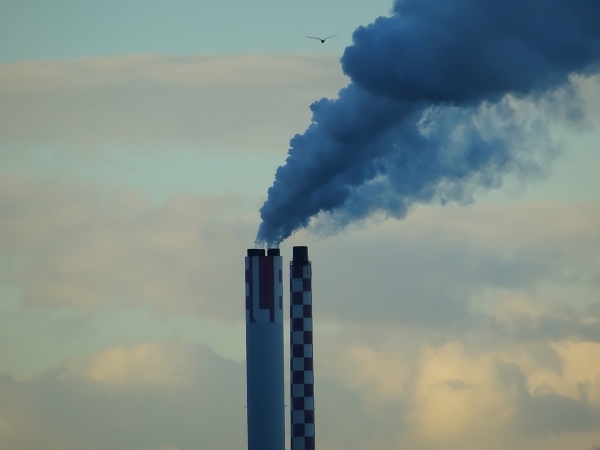Every year, more than one million deaths globally occur because of exposure to short-term (hours to days) fine particulate matter (PM2.5) in air pollution, according to a new report, with Eastern Asia reporting more than 50 per cent of deaths attributable to short-term PM2.5 globally.
Every year, more than one million deaths globally occur because of exposure to short-term (hours to days) fine particulate matter (PM2.5) in air pollution, according to a new report, with Eastern Asia reporting more than 50 per cent of deaths attributable to short-term PM2.5 globally.
In Australia, the short-term PM2.5 attributable deaths rose by 40 per cent between 2000 and 2019.
To date most studies have focused on the health impacts of living in cities where pollution levels are consistently high, ignoring the frequent “spikes” in pollution that can impact smaller urban areas that occur, for instance landscape fires, dust and other intermittent extreme air-pollution concentration events.
The Monash University study, looking at mortality and pollution levels of PM2.5 in over 13,000 cities and towns across the globe in the two decades to 2019, was published this week in The Lancet Planetary Health.
Read more at Monash University
Photo Credit: imagii via Pixabay




